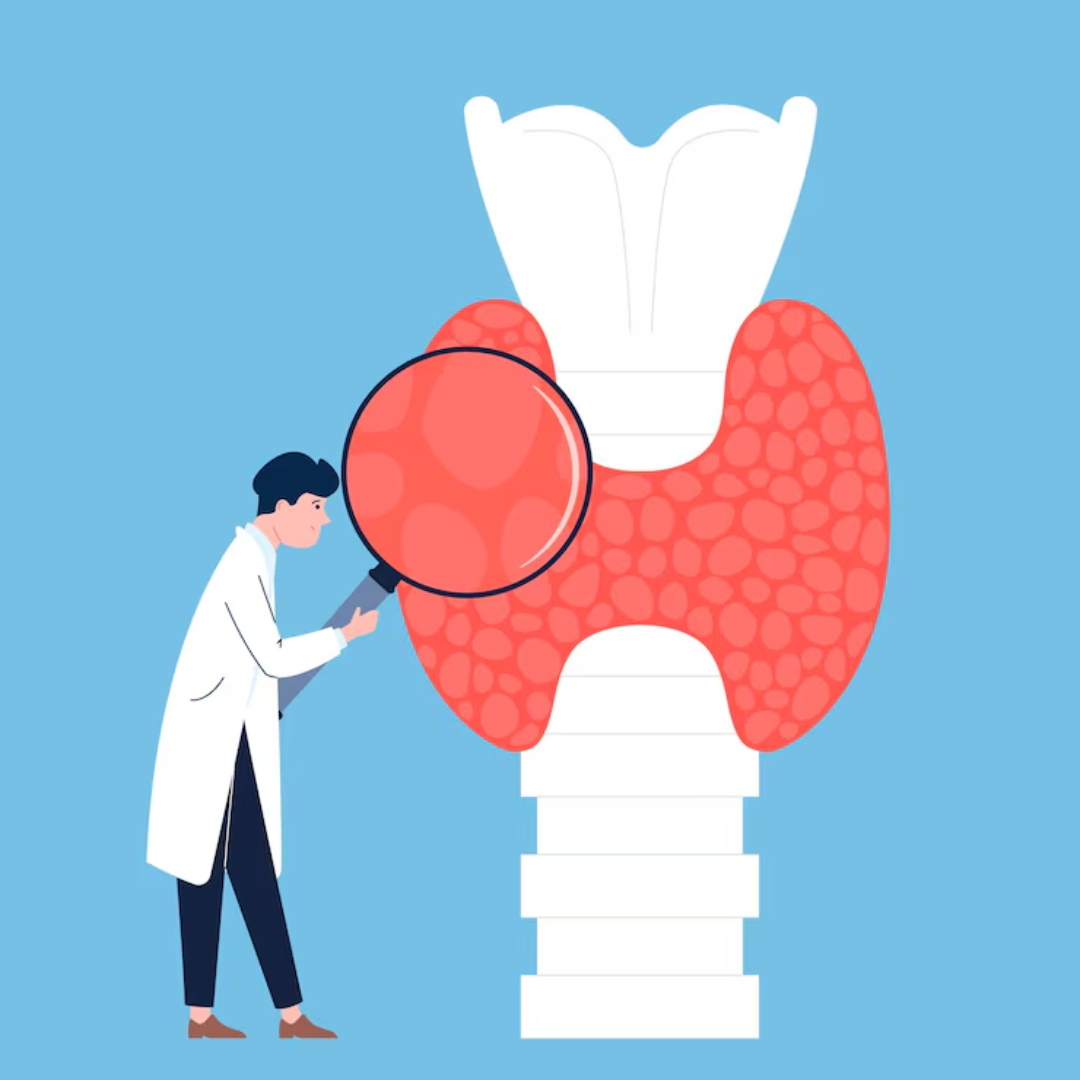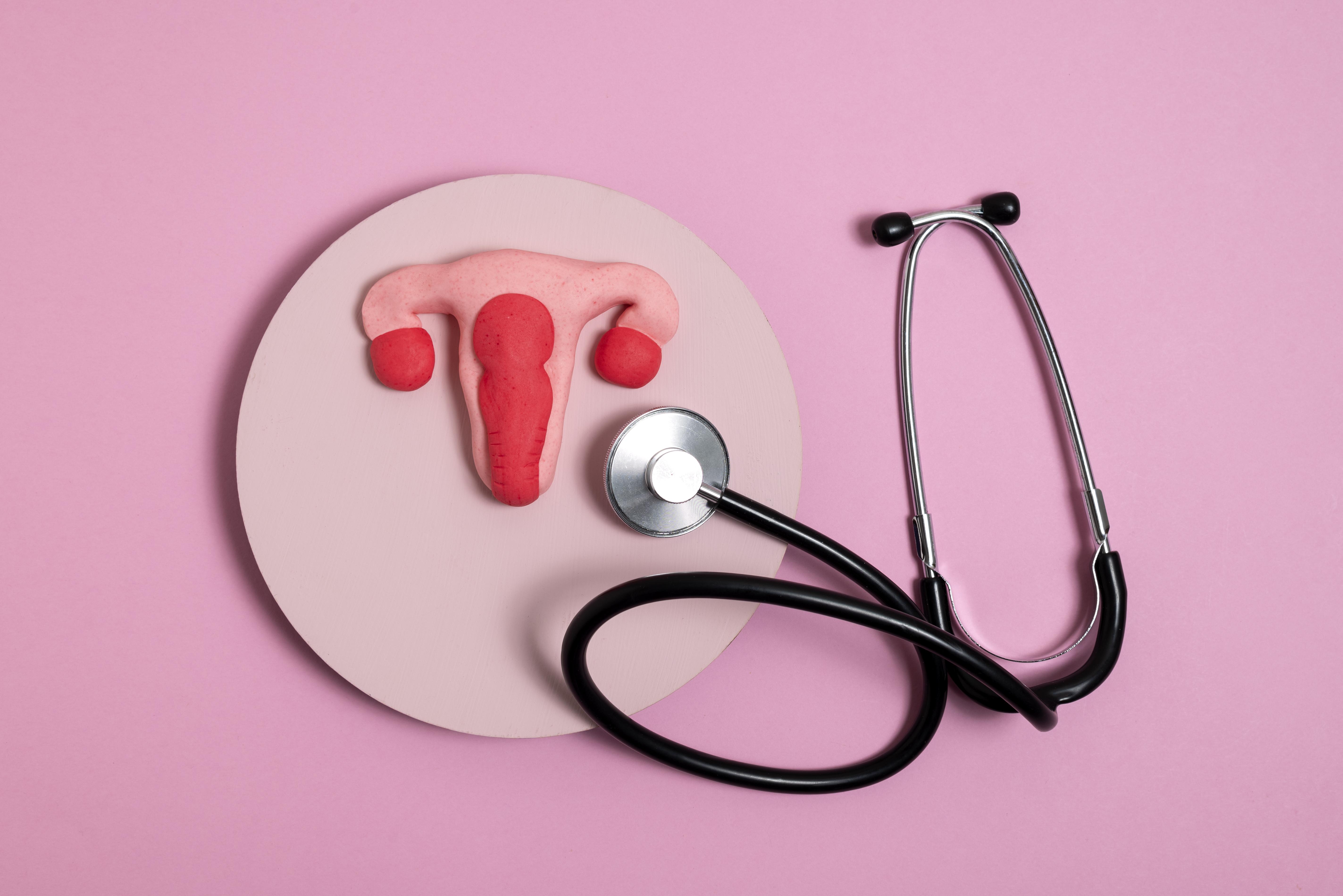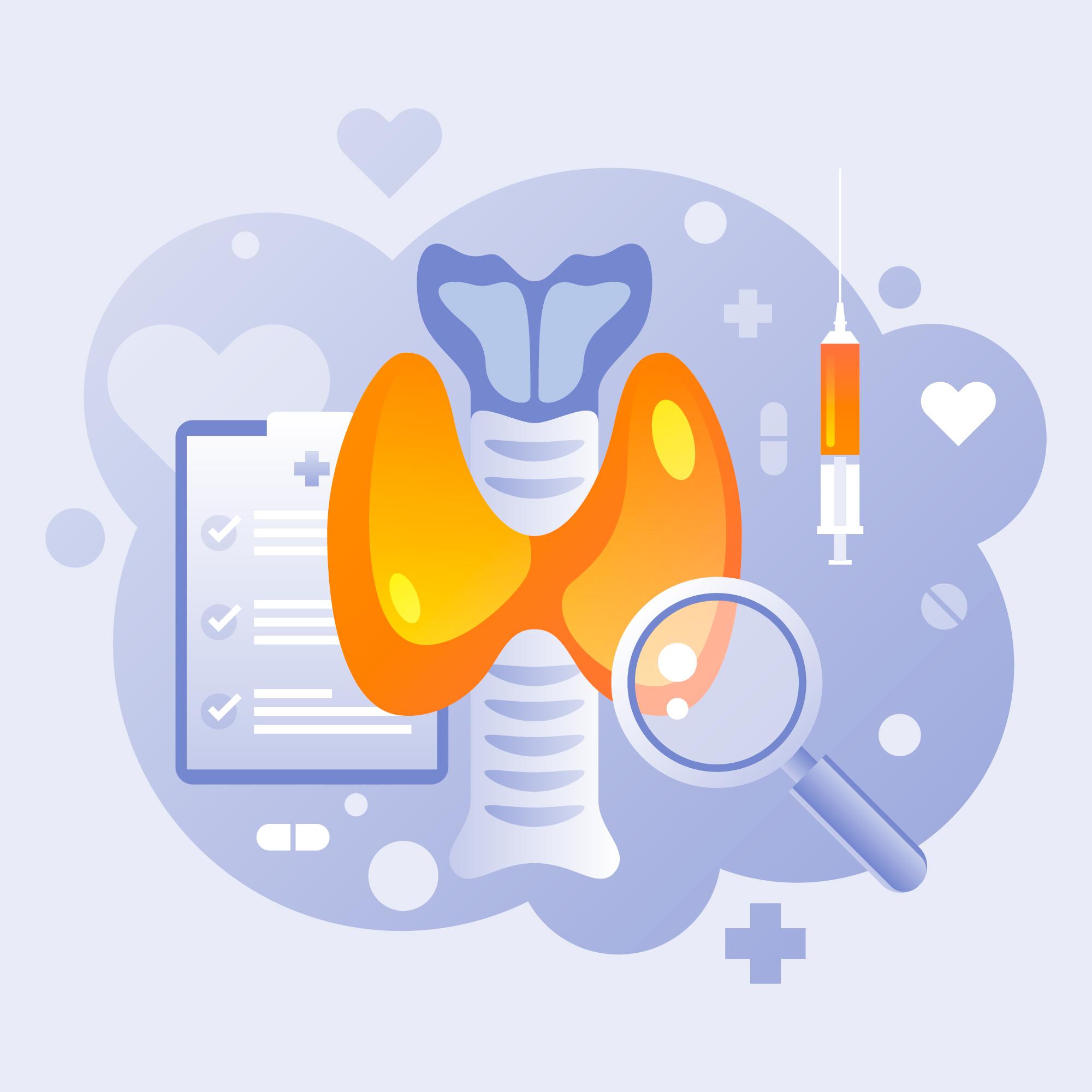Endocrinology deals with the endocrine system, which includes glands and hormones that regulate metabolism, growth, reproduction, and mood. While medical treatment is essential for managing hormonal disorders like diabetes, thyroid issues, and PCOS, certain home remedies and lifestyle habits can support better endocrine health when used alongside proper medical care.
🏡 Home Remedies to Support Endocrine Health
🥦 1. Eat a Hormone-Friendly Diet
Include whole grains, leafy greens, seeds (flax, chia), and healthy fats (like avocado, nuts).
Limit refined sugars and processed foods to avoid blood sugar spikes and hormonal imbalances.
For thyroid support: eat selenium-rich foods like Brazil nuts and zinc-rich foods like pumpkin seeds.
🧘 2. Manage Stress Naturally
Chronic stress can disrupt cortisol, thyroid, and reproductive hormones.
Try meditation, deep breathing, yoga, or even a daily walk to help regulate stress levels.
3. Prioritize Quality Sleep
Aim for 7–9 hours of sleep to support hormone production and balance (like melatonin, growth hormone, and insulin).
Maintain a consistent sleep schedule and reduce screen time before bed.
🚶 4. Stay Physically Active
Regular exercise improves insulin sensitivity, boosts metabolism, and helps with hormonal regulation.
Choose low-impact exercises like walking, swimming, or cycling to reduce inflammation and improve mood.
🍵 5. Use Herbal Teas (with caution)
Ashwagandha: May help balance cortisol and support thyroid function.
Fenugreek: Traditionally used to support blood sugar control in diabetes.
Spearmint tea: May help reduce excess androgens in women with PCOS.
Always consult a doctor before using herbs, especially if you have a diagnosed condition or take medication.
🚱 6. Avoid Endocrine Disruptors
Minimize use of plastics (especially when heating food), artificial fragrances, and pesticides.
Opt for natural cleaning and personal care products where possible.
Important Note:
Home remedies support but do not replace medical treatment. Conditions like diabetes, thyroid disorders, or adrenal issues require regular monitoring and guidance from an endocrinologist.
Endocrinology deals with the endocrine system, which includes glands and hormones that regulate metabolism, growth, reproduction, and mood. While medical treatment is essential for managing hormonal disorders like diabetes, thyroid issues, and PCOS, certain home remedies and lifestyle habits can support better endocrine health when used alongside proper medical care.
🏡 Home Remedies to Support Endocrine Health
🥦 1. Eat a Hormone-Friendly Diet
Include whole grains, leafy greens, seeds (flax, chia), and healthy fats (like avocado, nuts).
Limit refined sugars and processed foods to avoid blood sugar spikes and hormonal imbalances.
For thyroid support: eat selenium-rich foods like Brazil nuts and zinc-rich foods like pumpkin seeds.
🧘 2. Manage Stress Naturally
Chronic stress can disrupt cortisol, thyroid, and reproductive hormones.
Try meditation, deep breathing, yoga, or even a daily walk to help regulate stress levels.
😴 3. Prioritize Quality Sleep
Aim for 7–9 hours of sleep to support hormone production and balance (like melatonin, growth hormone, and insulin).
Maintain a consistent sleep schedule and reduce screen time before bed.
🚶 4. Stay Physically Active
Regular exercise improves insulin sensitivity, boosts metabolism, and helps with hormonal regulation.
Choose low-impact exercises like walking, swimming, or cycling to reduce inflammation and improve mood.
🍵 5. Use Herbal Teas (with caution)
Ashwagandha: May help balance cortisol and support thyroid function.
Fenugreek: Traditionally used to support blood sugar control in diabetes.
Spearmint tea: May help reduce excess androgens in women with PCOS.
Always consult a doctor before using herbs, especially if you have a diagnosed condition or take medication.
🚱 6. Avoid Endocrine Disruptors
Minimize use of plastics (especially when heating food), artificial fragrances, and pesticides.
Opt for natural cleaning and personal care products where possible.
⚠️ Important Note:
Home remedies support but do not replace medical treatment. Conditions like diabetes, thyroid disorders, or adrenal issues require regular monitoring and guidance from an endocrinologist.








